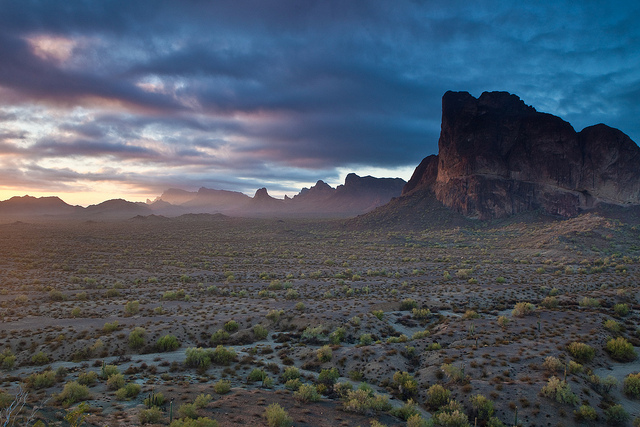As part of the launch of her new book Night Driving: A Story of Faith in the Dark, Addie Zierman is hosting a synchroblog sharing stories of faith in the dark. I haven’t read the book yet, but I have a sense that much of it will resonate with me. This is my contribution to the collection of stories, and you can read others here.
In life and in faith, there are different kinds of darkness.
Some is sudden, all-consuming, like the flicking of a switch.
Some is gradual, gentle, like the fading from day to night.
Nearly all darkness is confusing.
When what was once so easy to see becomes murky and unclear, it can be tempting to become angry at the dark.
For a longer time than I can keep track of anymore, and a much longer time than I would have expected, I have been in the shadows of faith. Not always, not completely, but often. I’ve never been able to pin its coming on any one specific instance or circumstance, it just arrived, all on its own, uninvited. But sometimes even uninvited house guests have their merit, and while I am not yet to the point of being able to say I’m truly thankful for the darkness, I am beginning to develop a hesitant appreciation for it.
It turns out there are more people in the dark than I thought, and being there myself has made me seek them out in ways I wouldn’t have before. Having questions, not feeling like God is there, struggling to understand why God does and doesn’t behave in certain ways–there are, and have been, many people who have been in the same place of wondering and wandering. Though I grew up in a Christianity-saturated environment, these weren’t topics that were wrestled with often. Since I didn’t struggle with them in any sort of significant way for most of my life, the absence of those conversations didn’t bother me. Darkness feels a little less lonely when there are others in it though. It’s not that I would wish darkness on other people, but if they’re in it too, it’s better to know we are not alone. Blogs and books, like Addie’s and many others, are a gift for the darkness.
As valuable as reading about people in the darkness can be, experiencing it is something different. Defining the darkness of faith is a tricky business, because it looks so different for different people. For me, the darkness has made me realize much of faith is not black or white but myriad shades of grey; it’s made me more okay with uncertainty, and helped me make room for other’s uncertainty as well. I still believe most of what I used to believe, but I cling a little more loosely to some of it. There has been a lot of value in being forced to reexamine how I approach my faith. Not “feeling” God has frustrated me, but has also made me realize that, like all relationships, there will be seasons in my relationship with God. During some I’ll feel close to him, during some I’ll feel farther away, and neither of those are objectively a result of me “succeeding” or “failing” at doing faith well. For all the good that reading the Bible and praying are, they are not magic ingredients to a faith I’ll always feel. True faith doesn’t work like that.
Perhaps the most valuable thing of all that I’ve found in the darkness is that God is enough. Even when it doesn’t feel that way, even when I’m sick of trying so hard and feeling nothing, God is still enough. Enoughness is who he is, part of his very essence and being. Always and ever, he is enough.
I forget that daily. Almost always, really. I want more of him and from him than I may ever get, but it’s because I already have enough of him for all that I need. Even in the dark.
Til next time…
~Brianna!~
p.s. What faith lessons have you learned in the darkness?




